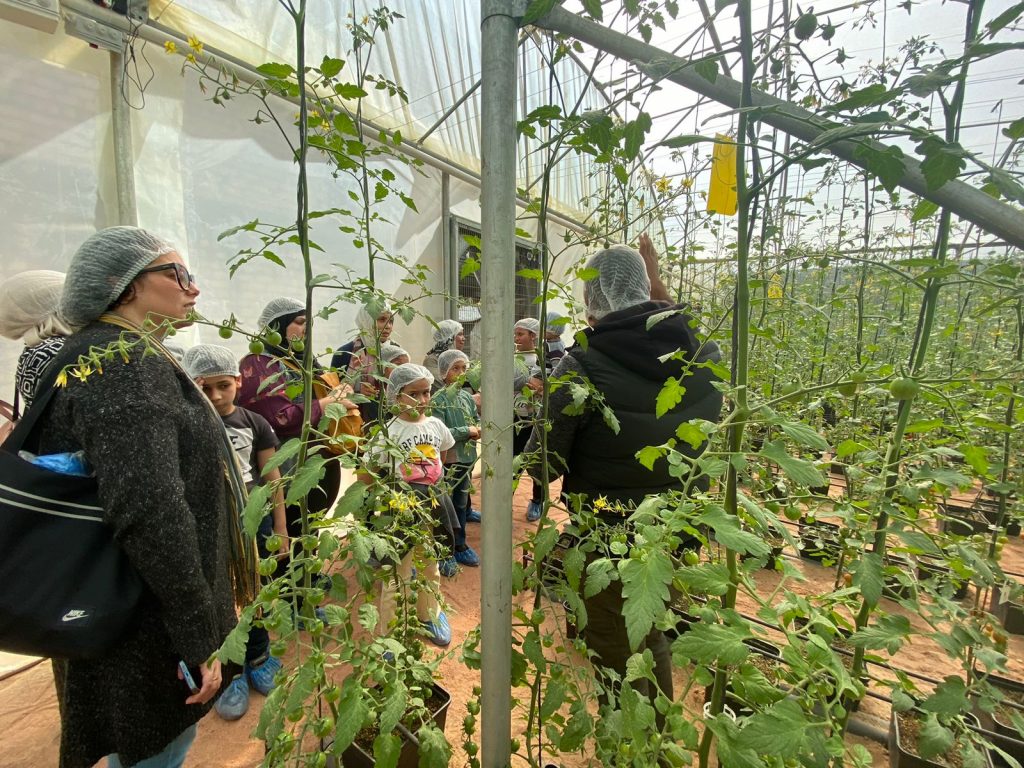Context
With 20 million inhabitants, Cairo is the second largest city in Africa. The region is also under pressure, both in terms of fertile agricultural land in the Nile Delta, which is disappearing as the city expands, and in terms of water resources, which are dwindling, especially as a result of global warming. All the more so because of the 97% of Egypt's natural water that comes from the Nile, 80% is used for agricultural irrigation (which is not always efficient). With agricultural productivity declining as the population grows, Abdallah Tawfic and Yehia El Masrv, co-founders of the start-up Urban Greens, question the sustainability of Cairo's food system and the agricultural practices that support it.
At present, Cairo's heavy reliance on global imports and produce from the Nile undermines the city's food supply, especially in times of crisis. We all remember the images of supermarkets being looted for fear of shortages during the covid or at the start of the war in Ukraine. The reterritorialisation of agriculture is therefore becoming a major challenge for the region, both to improve its resilience to crises and to ensure food security.
The project
Urban Greens is the implementation in Cairo of the master's thesis "Adapting green roofs to the urban morphology of informal settlements", conceived by its author Abdallah Towfic as part of the "Resource efficiency in architecture and planning" programme at the HafenCity University in Hamburg. In 2018, he co-founded a social start-up with Yehia El Masrv. Both are convinced that urban agriculture is one of the solutions to initiate a new sustainable food system in Cairo. The project aims to optimise Cairo's rooftops (both private and public) by growing crops on them. The main soilless farming technique used is aquaponics, which has a production rate 10 to 15 times higher than terrestrial farming, while saving up to 95% of water. An area of just 1m2 can provide 20 kg of food per year.
This approach involves first and foremost raising public awareness, particularly in schools, of the concept of urban agriculture and shared green spaces.
The structures used for hydroponics are made from recyclable materials (e.g. old pipes).
Results
Over the past 5 years, Urban Greens has continued to green the rooftops of Cairo and has developed a series of urban agriculture training courses for children and adults. It also organises visits to aquaponics farms to learn about innovative technologies.

Little extra
Some communities cannot afford the cost of a roof garden. In such cases, donors organise a funding scheme where residents pay just 5% of the total cost.
This initiative sheet was written by Let's Food volunteer Rose Vingtrinier in April 2023.
Last modification : 21 Dec 2023.
Urban Greens
Urban Greens is a Cairo-based company that aims to develop urban agriculture, particularly on the city's rooftops.